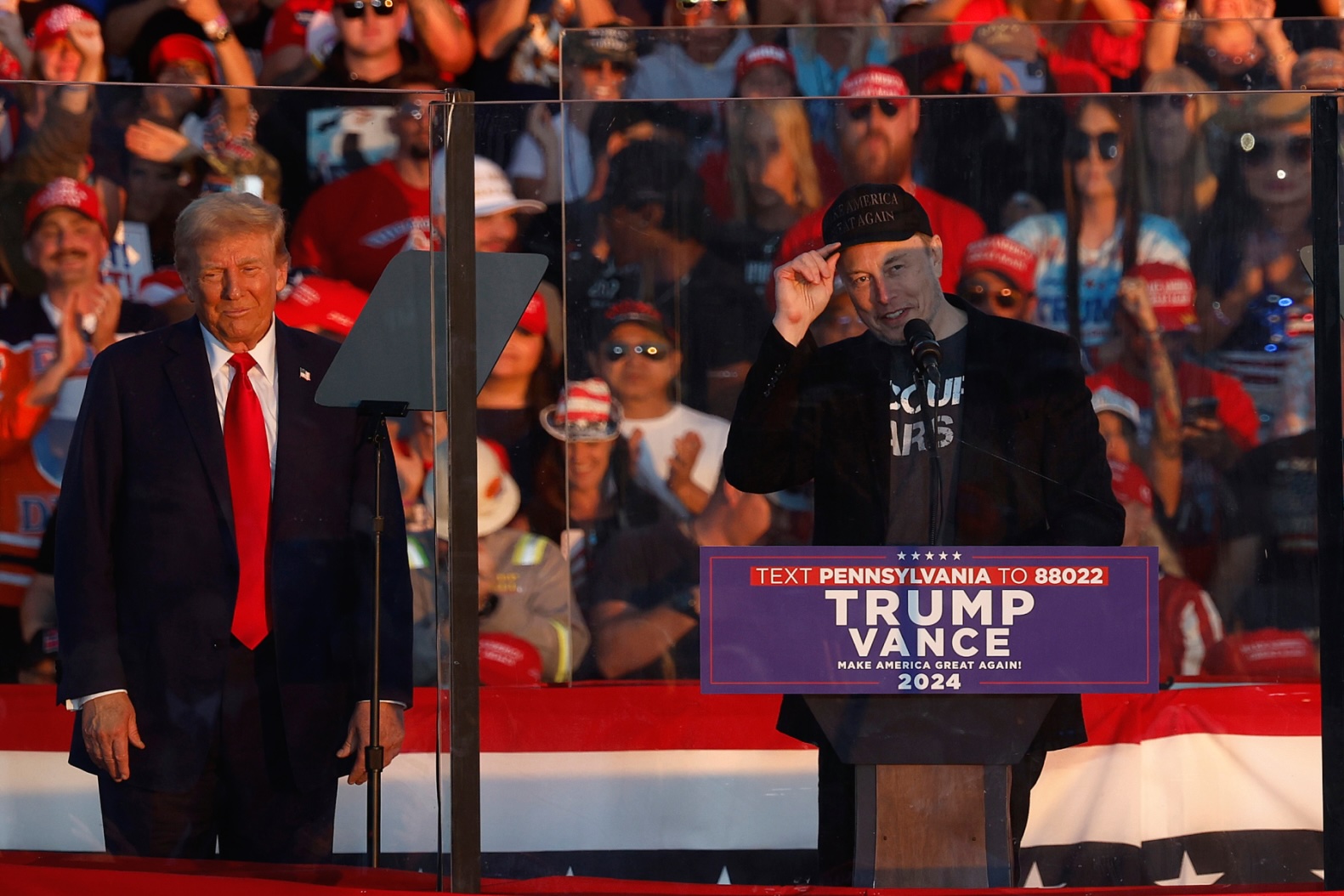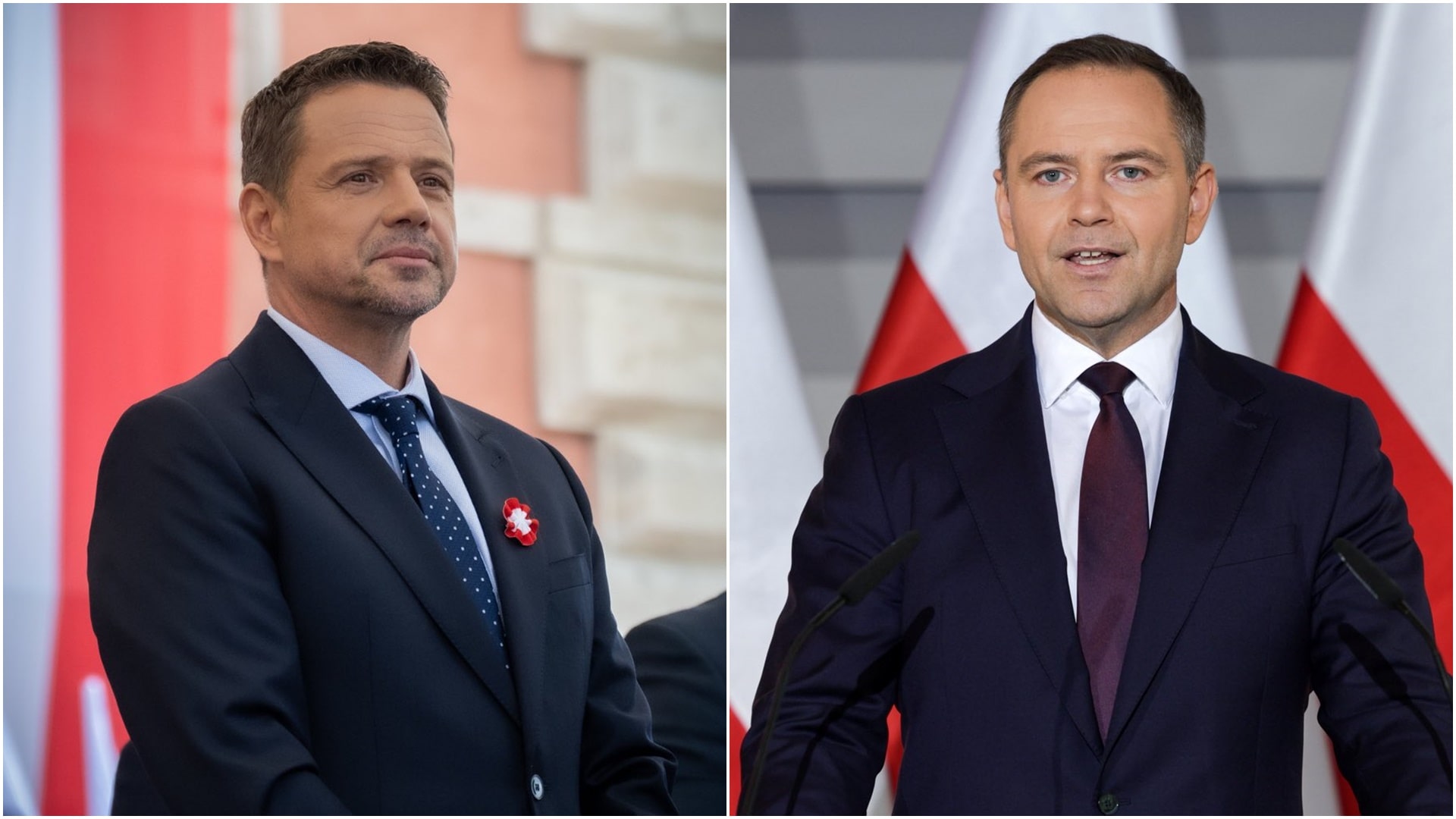Elon Musk, the enigmatic billionaire behind companies like Tesla, SpaceX, and X (formerly Twitter), has long been known for his controversial public statements and unpredictable political positions. Recently, Musk’s apparent support for former President Donald Trump has raised eyebrows around the world. Given Musk’s South African origins, his status as a tech mogul, and his sometimes libertarian leanings, this support has prompted many to ask: Why does Musk back Trump? What are his motivations? And why does this alignment seem so strange to so many?
To understand Musk’s relationship with Trump, we must dive into the intersection of their interests, values, and the mutual benefits they potentially gain from this alignment. It’s important to note that Musk is not a traditional political figure, and his support for Trump is part of a larger, more nuanced story of political pragmatism, economic incentives, and a shared skepticism toward government regulation.
1. Elon Musk’s Interest in Deregulation and Economic Freedom
One of the most obvious reasons Musk might support Trump is their shared interest in deregulation. Both men are outspoken critics of what they see as overly restrictive government policies that stifle innovation and business. For Musk, running massive companies like Tesla and SpaceX requires navigating a labyrinth of environmental regulations, labor laws, and other legal constraints. Trump, throughout his presidency, pushed for deregulation, particularly in the energy, automotive, and space industries—areas that directly impact Musk’s ventures.
For example, under Trump’s administration, there was a strong push to roll back emissions regulations that affected car manufacturers. This aligned with Musk’s goals for Tesla, which, although an electric car company, still had to comply with many of the same regulatory frameworks as traditional carmakers. Trump’s Environmental Protection Agency (EPA) rolled back Obama-era fuel-efficiency standards, making it easier for companies to innovate without the burden of strict government oversight.
Moreover, Trump’s focus on boosting the private space industry through NASA contracts and other initiatives provided Musk’s SpaceX with significant opportunities. The Trump administration’s Space Policy Directive aimed to encourage private space exploration and development, which has always been central to Musk’s long-term vision of making humanity a multi-planetary species. For Musk, Trump’s pro-business, anti-regulation policies in the tech and aerospace sectors were beneficial to his goals.
2. Musk’s Libertarian Leanings and Distrust of Authority
Elon Musk is notoriously hard to categorize politically. He has flirted with libertarian ideals, often expressing a deep distrust of centralized authority and government control. Musk’s vision of the future—particularly his ambitions to colonize Mars and his desire to minimize reliance on Earth’s governments—aligns with a broader libertarian philosophy that emphasizes individual freedom, personal responsibility, and minimal government interference.
In this light, Trump’s anti-establishment persona may have appealed to Musk. Trump’s rhetoric, which often challenged the “deep state” and the entrenched political elite, could resonate with Musk’s rebellious attitude toward traditional authority structures. While Musk has openly criticized both Republican and Democratic figures, his affinity for Trump may be rooted in their shared desire to challenge the status quo. Trump’s unpredictable and populist nature mirrors Musk’s own approach to business and leadership, where disruption is seen as a virtue.
Furthermore, Musk’s opposition to extensive government control during crises, such as the COVID-19 pandemic, aligns with Trump’s handling of the pandemic. Musk was vocal about his frustration with the government’s response, particularly the lockdowns that forced Tesla’s Fremont factory to halt operations. He went as far as to defy local orders and reopen the factory in May 2020, challenging state and local regulations, much like Trump often clashed with public health officials over lockdown measures. Musk’s support for Trump in this context reflects a shared skepticism toward government-imposed limitations on personal and business freedoms.
3. A Complex Relationship with Media and Public Perception
Another possible explanation for Musk’s support of Trump lies in their mutual disdain for mainstream media and public criticism. Both men have had adversarial relationships with the media, often accusing major outlets of spreading misinformation or biased reporting. Musk has repeatedly clashed with journalists who cover his companies, and he has expressed frustration with what he perceives as unfair or misleading coverage.
Trump, of course, built much of his political brand on his criticism of the media, coining the term “fake news” to describe outlets that he believed were out to get him. Musk has similarly used his platform on social media to criticize journalists and even promoted the idea of creating a platform to rate the credibility of news organizations. Musk’s acquisition of X (formerly Twitter) also plays into this dynamic, as it gives him direct control over a major social media platform where he can counteract what he sees as biased narratives, much like Trump did with his use of social media to speak directly to his supporters.
In this way, Musk’s support for Trump can be viewed as part of a broader alignment against the “mainstream” narratives pushed by major media outlets and elite institutions. Both men use social media to bypass traditional channels of communication, speaking directly to their respective audiences in a way that disrupts the norms of political and business discourse.
4. What’s in It for Musk?
While Musk’s support for Trump may seem surprising, there are clear personal and business interests at play. Trump’s presidency was marked by policies that benefited large businesses, particularly those in the tech and energy sectors. For Musk, whose ventures rely on favorable regulatory environments and government contracts, Trump’s policies likely provided significant financial incentives.
For example, SpaceX was awarded numerous NASA contracts during Trump’s administration, helping solidify its position as a dominant player in the space industry. Similarly, Trump’s support for private-sector innovation in space exploration aligned with Musk’s long-term vision for SpaceX. Under Trump, NASA shifted its focus toward commercial partnerships, which directly benefited Musk’s ambitions to make space travel more accessible and, eventually, make Mars colonization a reality.
On the automotive side, Trump’s administration’s willingness to loosen regulatory oversight allowed Tesla to operate with greater freedom, particularly in the realm of autonomous vehicle development. Musk’s dream of creating fully self-driving cars is still hampered by regulatory hurdles, but Trump’s deregulatory stance was undoubtedly a welcome sign for Musk.
Moreover, Trump’s tax cuts for corporations and wealthy individuals likely played a role in Musk’s economic calculus. While Musk has publicly stated that he does not care about wealth accumulation for its own sake, the ability to reinvest profits from his companies without heavy taxation could enable Musk to accelerate his ambitious goals.
5. Musk’s South African Origins and the Global Perspective
One question often raised is why Musk, a South African-born entrepreneur, would involve himself so heavily in American politics, particularly in supporting a figure like Trump. While Musk was born in South Africa, he moved to the U.S. in pursuit of greater opportunities in the tech industry, and his business empire is now deeply intertwined with American politics and economics. Musk is a naturalized U.S. citizen, and his companies are headquartered in the United States, meaning that the policies enacted by U.S. politicians directly impact his ventures.
In this sense, Musk’s support for Trump is not a matter of national origin but of business interests. The U.S. is the world’s largest economy, and the political decisions made by American leaders have global implications, especially for a figure like Musk, whose businesses operate on a global scale.
6. Why Musk’s Support for Trump Is Strange
Despite these practical reasons for Musk’s alignment with Trump, his support remains puzzling to many. For one, Musk has positioned himself as a visionary futurist, dedicated to solving humanity’s biggest problems through technology. His companies focus on sustainable energy (Tesla), space exploration (SpaceX), and cutting-edge technologies like neural interfaces (Neuralink) and tunnel systems (The Boring Company). These goals seem to stand in contrast to Trump’s often conservative, populist policies, particularly in areas like environmental protection.
Musk has been a staunch advocate for addressing climate change, while Trump has been a vocal skeptic of climate science, pulling the U.S. out of the Paris Agreement during his presidency. Musk even resigned from Trump’s business advisory councils after the withdrawal from the climate accord, which makes his recent support for Trump even more confusing to those who see environmentalism as central to Musk’s brand.
Moreover, Musk’s championing of innovation and progress stands in stark contrast to Trump’s often divisive rhetoric and focus on rolling back social progress in areas like immigration and racial equality. For many, Musk’s endorsement of Trump is difficult to reconcile with his public persona as a forward-thinking entrepreneur.
Conclusion: A Relationship of Convenience and Contradiction
Elon Musk’s support for Donald Trump is a complex, multifaceted issue that defies simple explanation. While there are clear business and economic reasons for Musk to align with Trump, particularly in areas of deregulation and government contracts, their relationship is also shaped by shared skepticism toward authority, disdain for mainstream media, and a desire to challenge the status quo.
At the same time, Musk’s support for Trump is strange to many, given their differences on key issues like climate change and social progress. Ultimately, Musk’s backing of Trump can be seen as a pragmatic, business-driven decision rather than an ideological alignment—a reflection of Musk’s unpredictable and often contradictory nature.
For Musk, the intersection of business interests, deregulation, and a mutual outsider status in their respective fields seems to underpin his support for Trump. While this relationship may make sense from a strategic standpoint, it continues to raise questions about the values and principles that guide one of the world’s most influential entrepreneurs.





